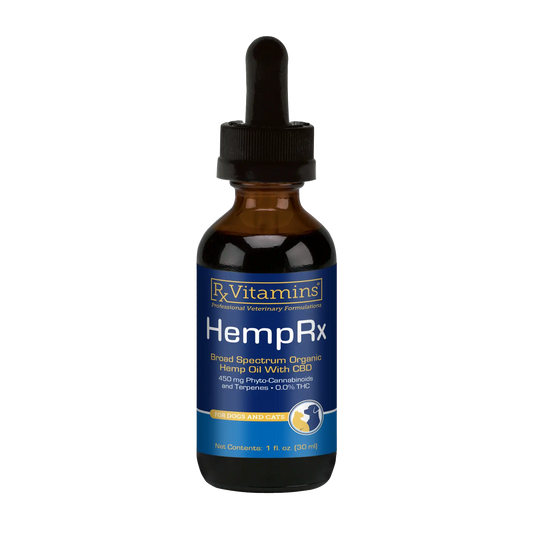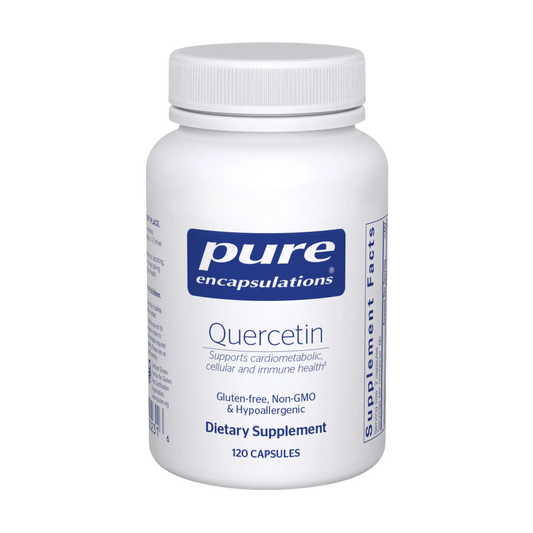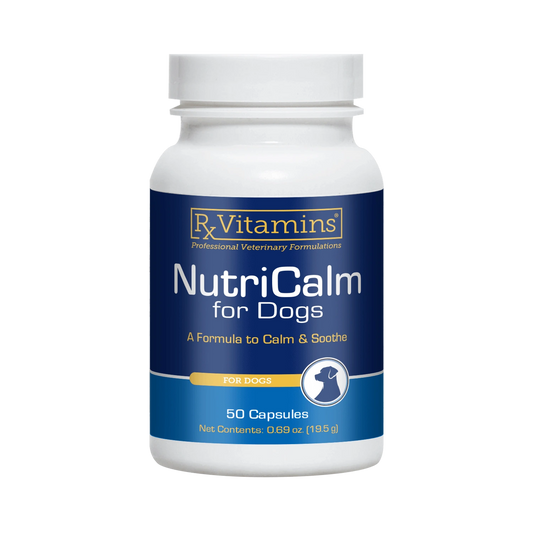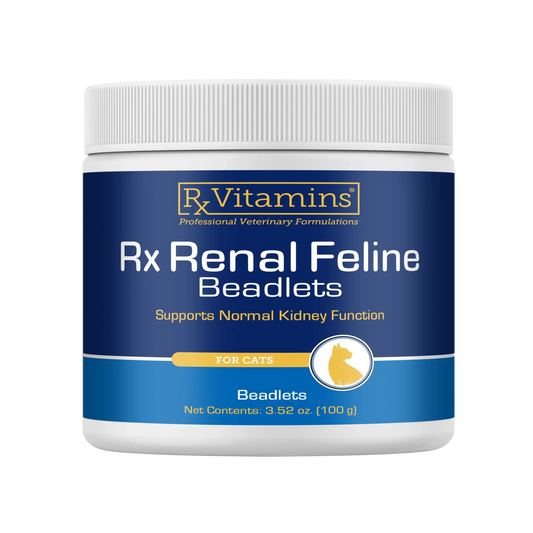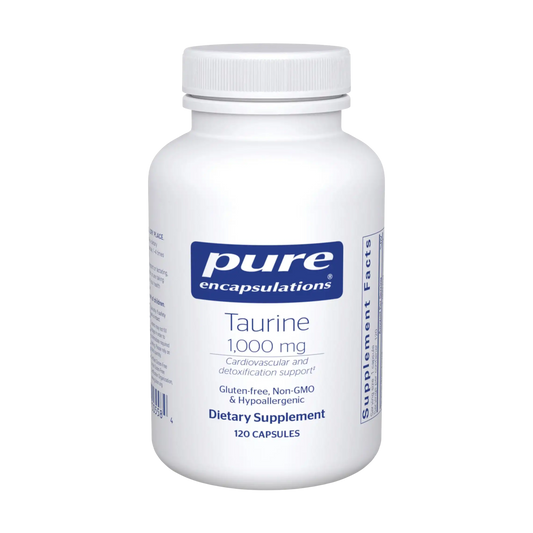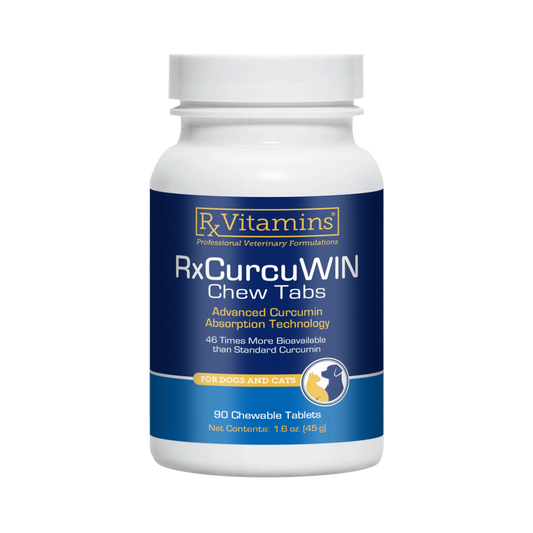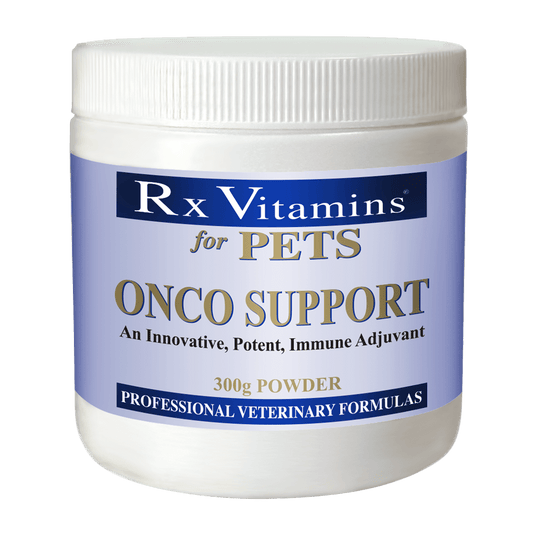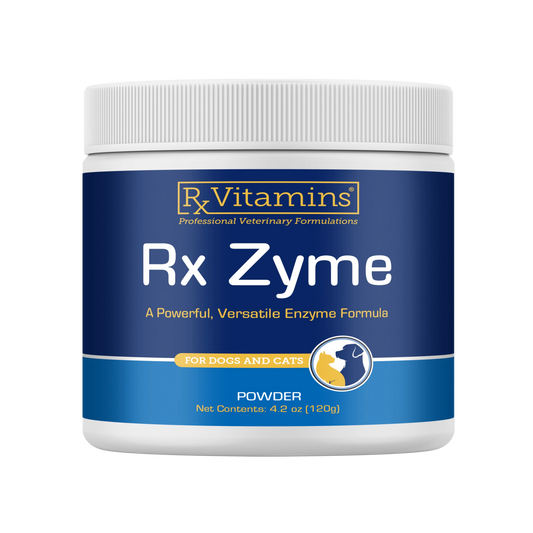With a staggering number of homeless pets currently residing within the United States, where and how you acquire your dog—rescue vs breeder—has become a very hot and emotional debate. Because there are so many dogs in shelters and rescues, purchasing dogs from breeders has become frowned upon. Both the ethics of breeders and the perpetuation of certain dog breeds have come into question as well.
The truth is, as a veterinarian, I see so many shelter and rescue dogs placed into homes that are not a right fit for either the dog or the people that love them. Getting a dog is a big decision and commitment. In addition to choosing between rescue vs breeder, it’s important to consider your lifestyle needs, as well as those of the pup you are welcoming home. In this article, I am going to present a balanced and non-judgmental view of the pros and cons when considering adopting your new family member versus purchasing from a breeder.
Adopting
Rescuing a dog from a shelter or rescue can be an incredibly rewarding experience. Giving a homeless dog a safe and secure place to enjoy life is an amazing feeling.
Here are few other pros to adopting a dog:
- Dogs are euthanized every day to make space in shelters. If the dog is a good fit for your family, everyone wins when you adopt.
- Your adoption fee supports organizations that help pets and the people that love them.
- You have forever changed that dog’s life for the better. Dogs give humans so much unconditional love, and we owe so much gratitude to them.
- Many rescues are breed specific, so you may still be able to find the purebred dog of your dreams!
While this has become the more socially acceptable way to grow your family, there are a few downsides I have seen in practice and in my own experience.
Here are a few potential cons to adoption and how to avoid them:
- Adopting a puppy whose breed is unknown. This is especially true if you have kids or very little experience with herding breed dogs. I have seen countless cases in my own practice where a puppy grew into an obvious herding breed, like an Australian Cattle Dog, and would herd and bite the kids. This is a nightmare for both the dog and the family. The unfortunate result for the dog is being labeled with behavior problems, and a possible bite history due to no fault of their own. To prevent this, consider adopting a senior dog. This saves you from enduring the puppyhood of a high drive dog and decreases any surprises. Alternatively, do your research and choose a more breed-appropriate dog for your family, environment, and life.
- Adopting a dog from a shelter only to discover a myriad of health and behavior problems. This can become difficult to financially overcome for many families. As shelter medicine progresses, this happens less and less. However, it can be prevented by buying pet insurance for your pup right away. Many shelters will offer this option during the adoption process. Another way to help prevent this scenario is to adopt from a rescue that has had the dog residing with a foster family for some time, where they can be monitored and evaluated for possible medical conditions.
- Many shelters don’t have the resources to properly match dogs with families. I also see that many shelters don’t provide adequate support to the dogs and people after adoption. Many shelters are so short on resources that they are unable to offer support if common problems arise, such as separation anxiety, potty training, and crate training challenges. This endangers the dog’s placement and can be very stressful for the family. To avoid this, begin planning to be properly resourced before adopting your new pup. This includes educating yourself on basic canine behavior, onboarding a positive reinforcement trainer, and hiring a veterinary team, petsitter, and anyone else who can support your transition into pet parenting.
Purchasing From A Breeder
If a breeder is ethical in their breeding practices and is propagating a healthy breed, I support using breeders in certain circumstances.
Here are a few pros to purchasing a dog through a reputable breeder:
-
You can be intentional with breed selection. A large benefit to using a reputable breeder is breed selection itself. Most, if not all, breeders specialize in one breed as opposed to many breeds. This makes them experts in that specific dog breed. Finding a responsible breeder means you’ve likely done an extensive bit of breed research.
Some questions to ask yourself when choosing a breed include:- What kind of exercise do you enjoy?
- Is your housing compatible with the breed of dog?
- Do you have children?
- Do you have other pets?
- What is your realistic pet budget for medical care, pet food, supplements, training, boarding, grooming, or pet-sitting?
- What size dog do you want? Do you mind shedding or drooling?
- Does anyone in your home have allergies?
- You may have a better chance of ruling out lifelong medical conditions. I write this with caution as I see many purebred dogs with medical conditions. Reputable breeders are very intentional with how they breed their litters. They take into account inbreeding, behavior, and genetic medical conditions (such as joint dysplasia). Many breeders will allow you to connect with the pup parents of your dog’s siblings. Oftentimes, medical and behavioral conditions are shared among siblings and so this is potentially helpful insight into your own pup’s health journey.
- Expert help. Responsible breeders will always be available to you and your dog. They are truly committed for the lifetime of your pup! They are breeding dogs for the love of the dog, and you can always call on them as a part of your pet parent team.
Here are a few potential cons with purchasing your pup from a breeder and how to avoid them:
- Some breeders are not responsible. Finding a responsible and reputable breeder will require extensive time, research, and patience. However, it is an imperative first step. Platforms like Facebook and Craigslist are not where you will find a responsible breeder. Avoid those areas like the plague when purchasing a dog! After all, you want to be sure that you are welcoming a healthy pup into your life, while also supporting someone who is breeding from a very safe and loving place.
- Purchasing from a breeder can be expensive. No matter what way you look at it, purchasing a puppy from a reputable breeder will be more expensive than rescuing. Most rescues and shelters will spay, neuter, and vaccinate their dogs prior to adoption as part of their mission to reduce homeless animals. These medical bills will be up to you to manage if you purchase your pup from a breeder.
- There may be a waitlist. Many responsible breeders have quite a long waitlist. Their puppies may be really sought after, for a myriad of reasons. This is where a solid dose of patience will pull you through!
- Some breeds should not be bred. There are certain breeds that struggle to breathe or have other painful health issues that should not be intentionally bred. This is truly so hard for me to admit because I am a lover of all the flat faces, and my soul dog was a rescued pug. It is not only important but essential that you do significant research on both the breeder and the breed you are looking to purchase.
Rescue vs Breeder
Choosing to adopt your new pup or purchase from a breeder are both very personal decisions, and neither are right or wrong. How you approach either situation makes all of the difference, and I have seen great success in both scenarios.
Where did you get your dog? How has the rescue vs breeder decision changed you and your pup’s life, and what advice do you have for potential pup parents?
With much love,
Dr. Angie


